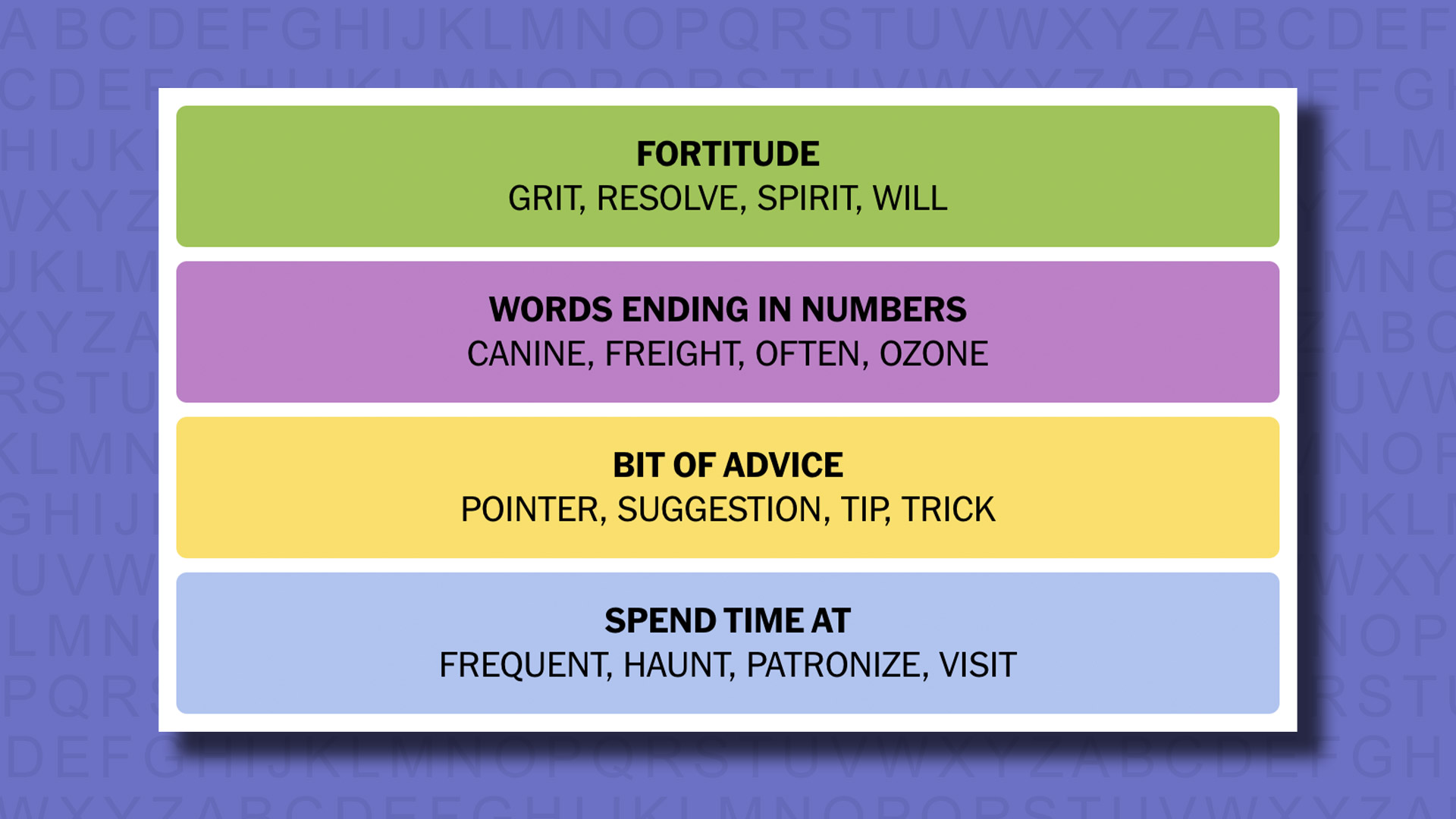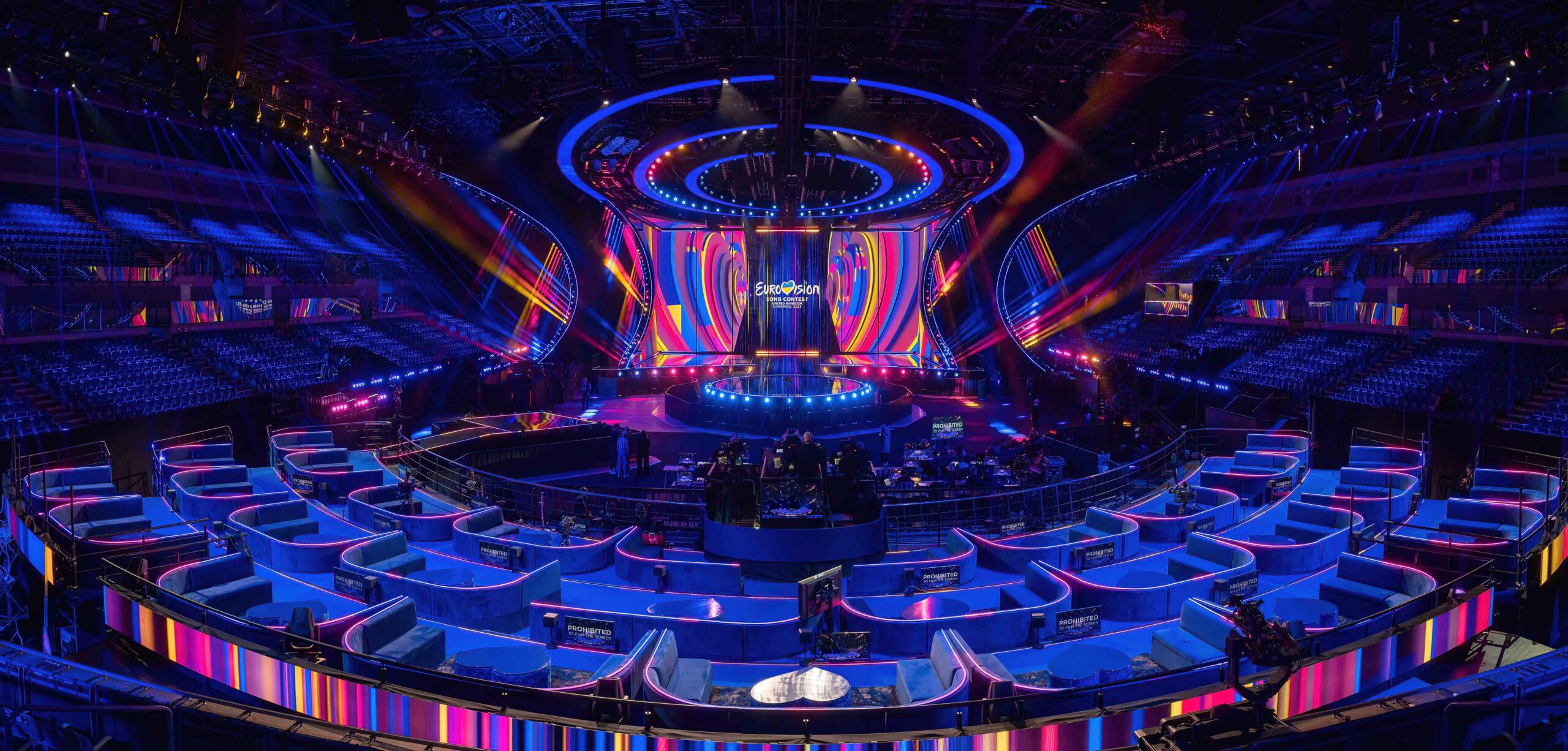United Kingdom's Eurovision 2025 Performance: A Detailed Look At 19th Place

Table of Contents
The Song's Performance: Analyzing the UK's Eurovision Entry
Song Choice and Public Reception
The selection process for the UK's Eurovision 2025 entry was met with mixed reactions. The chosen song, [Insert Actual or Hypothetical Song Title and Artist Here], was [Describe Genre, e.g., a ballad with a modern pop twist]. While some praised its [Positive aspects, e.g., emotional depth and powerful vocals], others criticized its [Negative aspects, e.g., lack of memorable melody and overly predictable structure].
- Genre Analysis: [Detailed genre analysis – e.g., a blend of pop and ballad, leaning towards traditional Eurovision balladry, etc.]
- Lyrical Content: [Analysis of lyrical themes – were they relatable? Did they resonate with a European audience?]
- Pre-contest Buzz: [Assessment of pre-contest hype and media attention – was it significant? Was the buzz positive or negative?]
- Social Media Engagement: [Analysis of social media sentiment – what was the overall public reaction before the contest?]
Stage Presence and Performance
The stage performance of [Insert Actual or Hypothetical Song Title and Artist Here] was [Describe performance – e.g., visually underwhelming]. While the vocals were [Describe vocal quality – e.g., technically proficient but lacked emotional connection], the choreography was [Describe choreography – e.g., simple and lacked dynamism]. The staging itself felt [Describe staging – e.g., dated and uninspired], failing to capture the attention of the viewers.
- Vocal Quality: [Detailed assessment of vocal performance – e.g., strong but lacked power in the chorus, technically perfect but lacked emotion, etc.]
- Stage Design: [Description and evaluation of the set design – was it innovative? Did it enhance the performance?]
- Lighting: [Analysis of lighting effects – were they effective in creating mood and atmosphere?]
- Costume Choices: [Evaluation of the costumes – were they appropriate for the song and performance?]
- Choreography Effectiveness: [Assessment of the choreography – did it add to the performance, or detract from it?]
Comparison to Winning and Top-Performing Entries
Comparing the UK's entry to the winning song, [Insert Winning Song Title and Artist], and other top performers reveals key differences. The winning entry [Highlight key differences in style, performance and overall appeal – e.g., showcased a more modern and upbeat sound with energetic choreography, whereas the UK entry was more traditional]. Other high-ranking entries often featured [Highlight common characteristics of successful entries – e.g., catchy melodies, powerful vocals, memorable staging].
- Specific Comparisons to Top Performers: [Detailed comparisons, highlighting strengths and weaknesses of the UK entry in contrast to top performers.]
- Areas Where the UK Entry Fell Short: [Clear identification of the key areas where improvements were needed.]
External Factors Influencing the UK's Eurovision 2025 Result
Voting Patterns and Political Factors
Eurovision voting is notoriously complex, often influenced by factors beyond pure artistic merit. Neighbourly voting and regional voting blocs can significantly impact results. Analysis of voting patterns suggests [Describe observed voting patterns – e.g., a lack of support from certain regions, possible evidence of political voting].
- Analysis of Voting Patterns Across Europe: [Detailed analysis of voting data, identifying trends and potential biases.]
- Evidence of Political Voting Trends: [Examination of potential political influences on voting patterns.]
- Discussion of Potential Biases: [Exploration of possible biases and their impact on the UK's score.]
The Role of Media Coverage and Public Opinion
The UK media's portrayal of the Eurovision Song Contest and the UK's entry played a role in shaping public opinion. [Describe media coverage – e.g., Was it positive? Was it largely ignored?]. Pre-contest expectations, fueled by [Mention factors influencing expectations – e.g., social media discussion, past performances], may have influenced public perception and potentially impacted voting patterns.
- Media Portrayal of the UK's Entry: [Analysis of media coverage – was it positive, negative, or neutral?]
- Public Sentiment in Opinion Polls: [Examination of pre- and post-contest public opinion polls.]
- Social Media Analysis of Public Reaction: [Analysis of social media sentiment before, during, and after the contest.]
Lessons Learned and Future Strategies for the UK in Eurovision
Improvements in Song Selection
Future song selection processes should incorporate greater audience engagement and a broader range of musical styles. Collaboration with internationally renowned songwriters could inject fresh perspectives and enhance the overall appeal of the UK's entry.
- Recommendations for Song Choice: [Specific recommendations for genre, style, and lyrical content.]
- Collaboration with Songwriters: [Emphasis on international collaboration to bring fresh perspectives.]
- Audience Engagement in Selection Process: [Suggestions for involving the public in the song selection process.]
Enhancing the Stage Presentation
Significant investment in stage design, choreography, and vocal coaching is crucial for future success. Adopting more innovative stage technology and collaborating with experienced choreographers and vocal trainers could elevate the UK's performance.
- Suggestions for Better Choreography: [Specific suggestions for incorporating more dynamic and engaging choreography.]
- More Advanced Stage Technology: [Suggestions for utilising cutting-edge technology to enhance the visual appeal.]
- Improved Costume Design: [Suggestions for more visually impactful and creative costumes.]
- Vocal Training Recommendations: [Recommendations for improved vocal training and coaching.]
Conclusion: Reflecting on the UK's Eurovision 2025 Journey and Looking Ahead
The UK's 19th-place finish in Eurovision 2025 resulted from a confluence of factors, including the song's reception, stage presentation, and external influences such as voting patterns and media coverage. While the song itself possessed certain strengths, its weaknesses in terms of memorability and overall impact ultimately hindered its chances. To improve UK Eurovision performance in the future, a more holistic approach encompassing song selection, stage presentation, and a deeper understanding of the complexities of Eurovision voting is needed. Let's discuss how to improve the UK Eurovision strategy! What changes would you like to see in future entries to boost the UK's chances in Eurovision 2026? Share your thoughts and participate in our poll: [Link to a relevant poll or discussion forum]. Let's work together to improve the UK's Eurovision performance!

Featured Posts
-
 10 Crucial Details The Jyoti Malhotra Espionage Case Explained
May 19, 2025
10 Crucial Details The Jyoti Malhotra Espionage Case Explained
May 19, 2025 -
 Nyt Connections Game Hints And Answers For April 17 676
May 19, 2025
Nyt Connections Game Hints And Answers For April 17 676
May 19, 2025 -
 Eurovision 2026 Oernskoeldsviks Intresseanmaelan
May 19, 2025
Eurovision 2026 Oernskoeldsviks Intresseanmaelan
May 19, 2025 -
 Remote Island Deportation Plan Frances Migrant Policy Under Fire
May 19, 2025
Remote Island Deportation Plan Frances Migrant Policy Under Fire
May 19, 2025 -
 Air Passenger Projections For Maastricht Airport In Early 2025
May 19, 2025
Air Passenger Projections For Maastricht Airport In Early 2025
May 19, 2025
